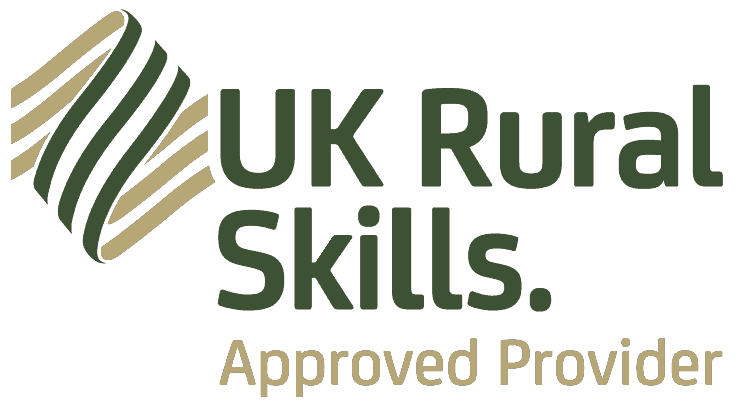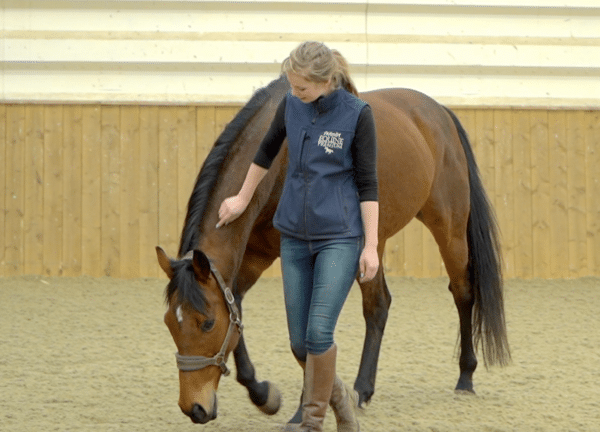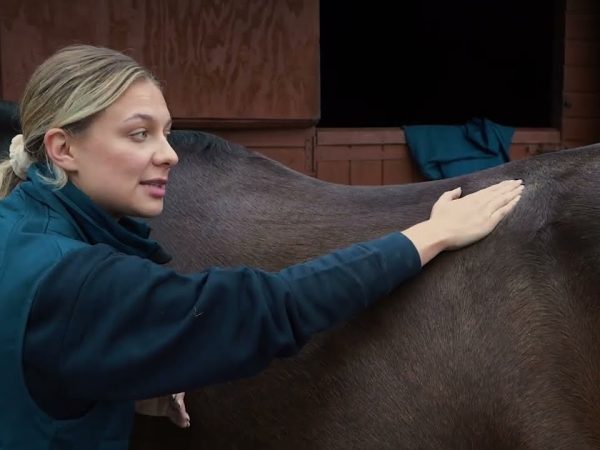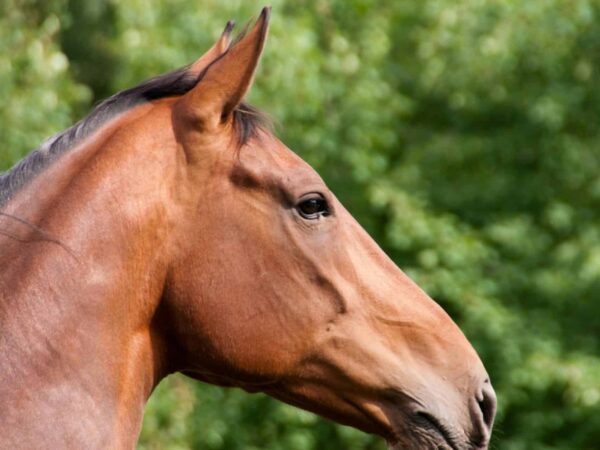How Horses Learn
Have you ever wondered how your horse understands what you’re asking? Whether it’s responding to subtle seat aids or cues to walk on, training underpins nearly everything we do with our horses. But how well do you understand the science behind it—and why sometimes, training doesn’t go as planned?
Overview
Have you ever wondered how your horse understands what you’re asking? Whether it’s responding to subtle seat aids or cues to walk on, training underpins nearly everything we do with our horses. But how well do you understand the science behind it—and why sometimes, training doesn’t go as planned?
Maybe your horse ignores your cues or offers behaviours at the wrong time. Do they break into trot before you ask, throw their latest trick at you, or struggle to walk on or stand still when requested? It can be frustrating when a horse knows multiple behaviours but hasn’t yet consolidated them into a reliable response.
No matter which training method you use, the key is getting your horse’s behaviours under stimulus control—the science behind teaching cues. Understanding how your horse learns will not only help you solve these common issues but also allow you to train them to be soft and responsive to your cues, creating a more harmonious partnership.
What You’ll Learn
This course takes you deep into the science of training and conditioning. You’ll discover how to confidently put new behaviours on cue and troubleshoot training challenges along the way. Whether you’re an aspiring positive reinforcement trainer or a horse owner looking to elevate your understanding of training, this course offers the knowledge and skills to take your training to the next level.
Enrol Today
Instant access on enrolment and get started today!
£57.00
Proudly Accredited
What Our Students Say
"I would say this course is one of a kind and well on its way to improve the equine training and instruction industry."
"I enjoyed the weekend and particularly found the practical sessions on the second day really useful. I feel like I came away with some good ideas from the other people…"
"The support from the tutors is genuinely brilliant. The one to one calls are invaluable as I can ask any questions I may have. The opportunity in the calls to…"
"My expectations being an introductory course were that it wouldn't contain as much information as it did or be in depth. I was really surprised and also glad that I have…"
"I really loved the horse centric approach throughout this course, the constant reference to ethics and welfare was refreshing as was the support for R+ training and definite avoidance of…"
"The live lectures have been really useful! I have really enjoyed the course. The materials are easy to navigate in the website. I've definitely learned how to troubleshoot training scenarios much…"
"I’m loving it! This whole course has opened up my eyes - I'd just finished Uni and was planning on doing a masters but now I no longer want to…"
"Don't hesitate, just do it! Financially I was treated to the course as a gift as at the time it was too much of a stretch financially, but I knew…"
"I had an amazing couple of days. I felt recognised which was just such a confidence booster. With it being a small group I didn’t feel overwhelmed, and…"
"Thank you and all the staff so much! I had an absolute blast and learnt so much to aid me in my everyday care and training of my own horses…"
"I think this diploma is offering something very important This course has offered me some other perspectives on how people work with and train their horses. It has allowed the opportunity…"
"The Diploma I received from NAC was life changing! If you want a career with horses, I highly recommend starting with NAC!"
"Tutors were always helpful and quick to respond to any questions The course was very well run. Course material was clear and comprehensive. The learning platform was easy to use. Weekly…"
"I really enjoyed it. I've been using positive reinforcement as a training method for years but I believe you can always learn more. I've now learned the correct terminologies used…"
"I would say this course is one of a kind and well on its way to improve the equine training and instruction industry."
"I enjoyed the weekend and particularly found the practical sessions on the second day really useful. I feel like I came away with some good ideas from the other people…"
"The support from the tutors is genuinely brilliant. The one to one calls are invaluable as I can ask any questions I may have. The opportunity in the calls to…"
"My expectations being an introductory course were that it wouldn't contain as much information as it did or be in depth. I was really surprised and also glad that I have…"
"I really loved the horse centric approach throughout this course, the constant reference to ethics and welfare was refreshing as was the support for R+ training and definite avoidance of…"
"The live lectures have been really useful! I have really enjoyed the course. The materials are easy to navigate in the website. I've definitely learned how to troubleshoot training scenarios much…"
"I’m loving it! This whole course has opened up my eyes - I'd just finished Uni and was planning on doing a masters but now I no longer want to…"
"Don't hesitate, just do it! Financially I was treated to the course as a gift as at the time it was too much of a stretch financially, but I knew…"
"I had an amazing couple of days. I felt recognised which was just such a confidence booster. With it being a small group I didn’t feel overwhelmed, and…"
"Thank you and all the staff so much! I had an absolute blast and learnt so much to aid me in my everyday care and training of my own horses…"
"I think this diploma is offering something very important This course has offered me some other perspectives on how people work with and train their horses. It has allowed the opportunity…"
"The Diploma I received from NAC was life changing! If you want a career with horses, I highly recommend starting with NAC!"
"Tutors were always helpful and quick to respond to any questions The course was very well run. Course material was clear and comprehensive. The learning platform was easy to use. Weekly…"
"I really enjoyed it. I've been using positive reinforcement as a training method for years but I believe you can always learn more. I've now learned the correct terminologies used…"
What’s inside?
Course Details
This course is an instant access course. Click the “Enrol Now” button and you will be taken to the checkout to process your payment.
Once you have completed the checkout, you will be sent your order confirmation and portal login details shortly after. If you have any questions or queries, please email [email protected].
There are no entry requirements for this course. It is for anyone owner or professional who is looking to better their practice and expand their knowledge.
We recommend you have experience with horses before taking this course, and would like to highlight that course involves technical language so being comfortable with written and spoken English will benefit your experience.
For your learning and development, there are quizzes throughout the course to allow you to self-assess your knowledge at multiple stages. This course is a non-assessed course and therefore does not lead to certification.
This course is an informational course aimed at Owners to further knowledge and skills. Therefore, course is not accredited and does not provide certification.
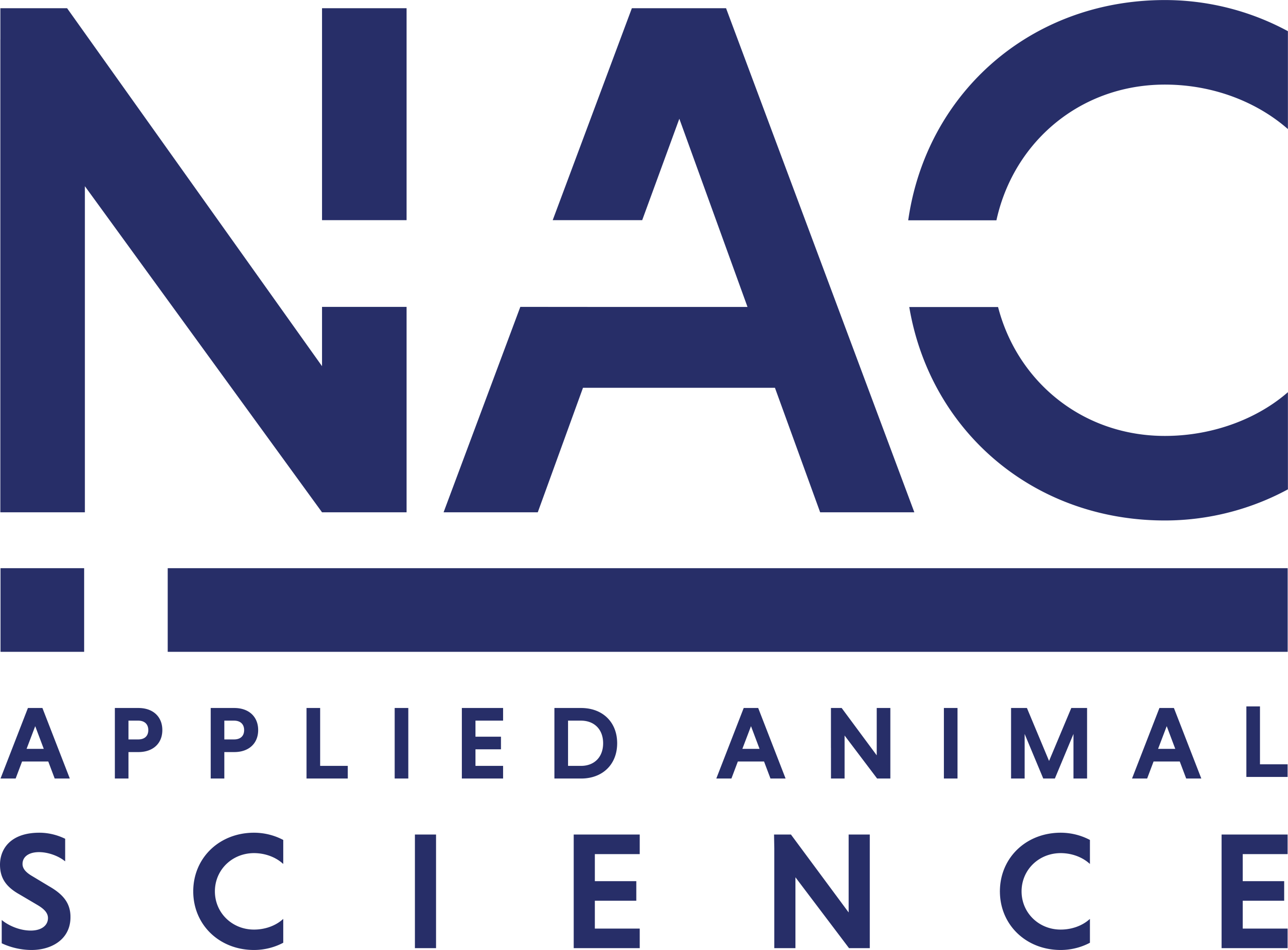
 , please spend more than £50
, please spend more than £50
